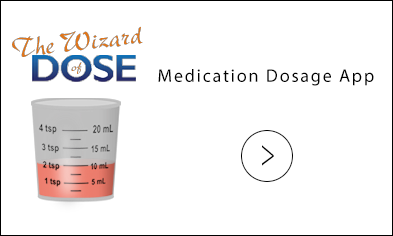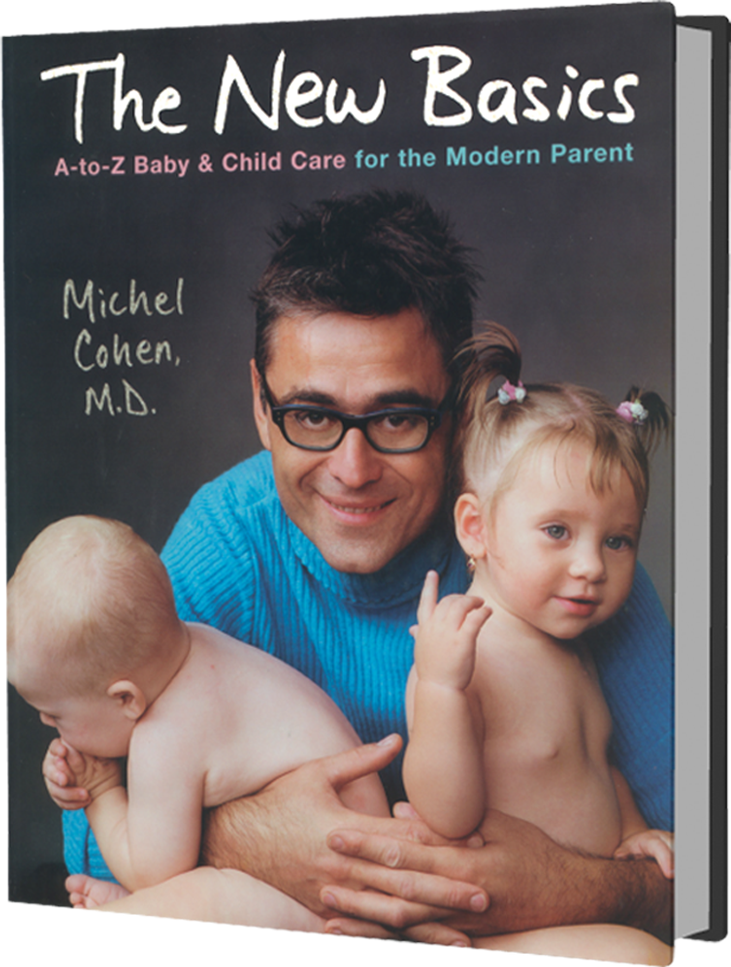
Roseola
Roseola is a benign viral illness that affects infants and young toddlers and causes a high fever. It tends to appear primarily in spring, and it’s rare in children past the age of three. After three or four days, the fever drops drastically, and a faint rash appears on the face and torso for twenty-four hours and then vanishes. No treatment is necessary, except antifever medication for comfort. Happily, once roseola has afflicted your child, it won’t usually recur.
Although roseola isn’t serious, the high fever it causes can be nerve-wracking, because before the rash appears you don’t know what the illness is. But there are some reassuring signs that point to roseola: Children who have it tend to look remarkably healthy considering the intensity of the fever, and they have no other symptoms, save a decreased appetite.
More distressing, the high fever roseola causes may induce febrile convulsions [See: Febrile Convulsions]. As dramatic as they look, these seizures are not dangerous for children, and they only happen in kids who are predisposed. Less worrisome but equally disturbing is roseola’s notorious tendency to produce a drastic increase in fussiness and neediness. Lucy will want you to hold her all the time. In fact, even when the rash and fever have subsided, Lucy may be tempted to abuse the privilege and try to ride around on your hip all day. In this situation, be prepared to put her down at times and let her work through her own frustration when she has recovered and the rash has faded.




 MEDICATION DOSAGE
MEDICATION DOSAGE

